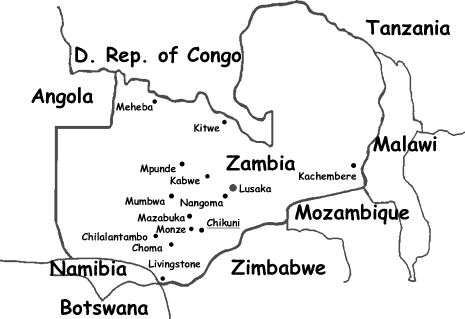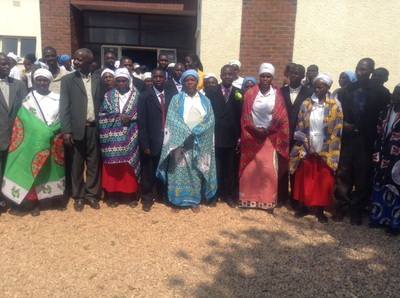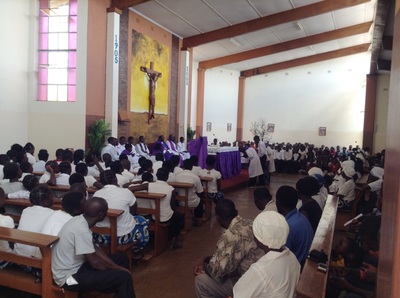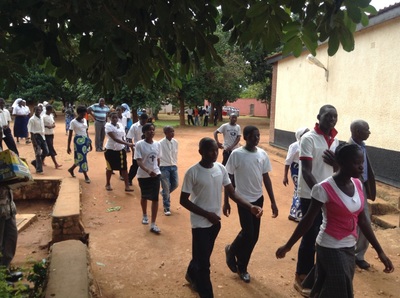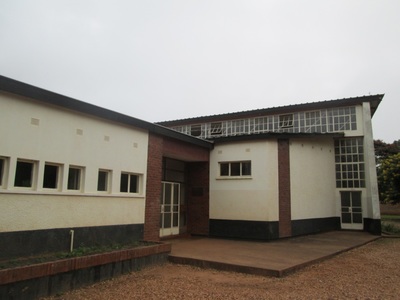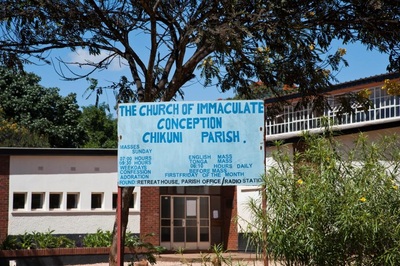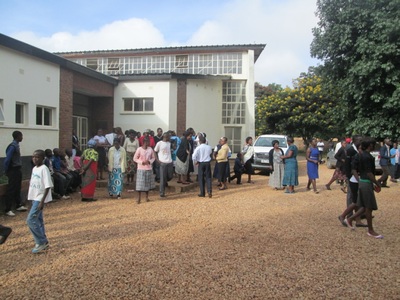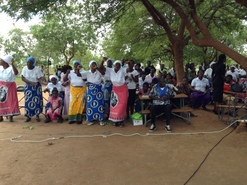|
The History
In 1905, a French Jesuit, Fr Moreau, established the Chikuni Parish. Midway between Lusaka and Livingstone, the Chikuni Parish is a living example of the strength of community and how the people are grasping opportunities to develop themselves. Since the beginning, there has been a constant drive to help the local population – now some 25,000 Batonga farmers – to develop themselves in all areas of human life. It was realised from the beginning of the mission’s existence that education is the key in achieving St. Augustine’s motto: “A human being fully alive”. Having this goal in mind over the years, the Jesuits have set up 48 primary schools, the Canisius Secondary School and the Charles Lwanga Teacher Training College. Today, the main problems faced by the rural communities are associated with their isolation. Working For The Community
Playing an integral part in informing, developing and empowering the people, the Jesuits are working on a vast range of projects. |
- The parish has many AIDS patients and they have set up a Home Base Care project. This helps dying AIDS patients return to their families to receive their last days' care in the loving environment of their homes: freeing up scarce hospital beds and helping break down the taboos surrounding people with AIDS.
- The parish has its own Retreat House where people can spend time in prayer and meditation. The Christian Life Community team offers neighbourhood retreats to the people in the outstations.
|
There are 21 outstations in the mission which covers an area of 10,000 sq kilometres. Walking is the most feasible means of transport for the majority of the population. With such a large area to cover it's impossible for the local community to fully participate in the wider community life. In our world today, access to information is indispensable and must play a central role in any effort of development. It soon became clear that the Batonga people needed a means of receiving relevant information which will help develop themselves individually and communally. This was the reason for the inception of Radio Chikuni.
|

